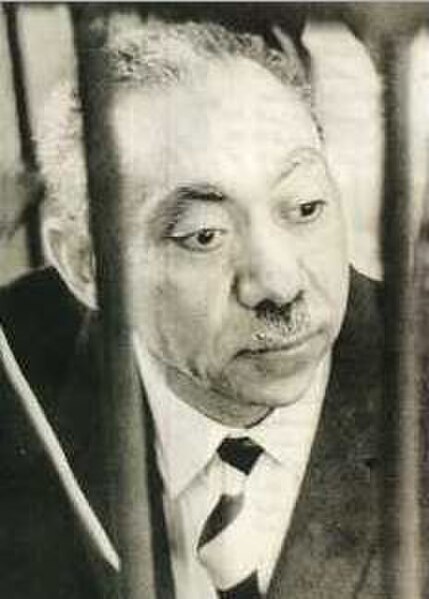Al-Qaeda in the Arabian Peninsula
Al-Qaeda in the Arabian Peninsula, abbreviated as AQAP, also known as Ansar al-Sharia in Yemen, is a Sunni Islamist insurgent extremist group, which is part of the al-Qaeda network and primarily active in Yemen and Saudi Arabia. It is considered the most active of al-Qaeda's branches that emerged after the weakening of central leadership.
AQAP fighters in Yemen, 2014.
AQAP guards standing out of one of their buildings.
AQAP fighters in Yemen.
US Air Force Predator drone.
Al-Qaeda is a pan-Islamist militant organization led by Sunni Jihadists who self-identify as a vanguard spearheading a global Islamist revolution to unite the Muslim world under a supra-national Islamic caliphate. Its membership is mostly composed of Arabs, but also includes people from other ethnic groups. Al-Qaeda has mounted attacks on civilian, economic and military targets of the US and its allies; such as the 1998 US embassy bombings, the USS Cole bombing and the September 11 attacks. The organization is designated as a terrorist group by NATO, UN Security Council, the European Union, and various countries around the world.
Al-Qaeda militant in Sahel armed with a Type 56 assault rifle, 2012
Osama bin Laden (left) and Ayman al-Zawahiri (right) photographed in 2001
Pakistani journalist Hamid Mir interviewing Osama bin Laden in Afghanistan, 1997
Sayyid Qutb, the Egyptian Islamic scholar and Jihadist theorist who inspired al-Qaeda








